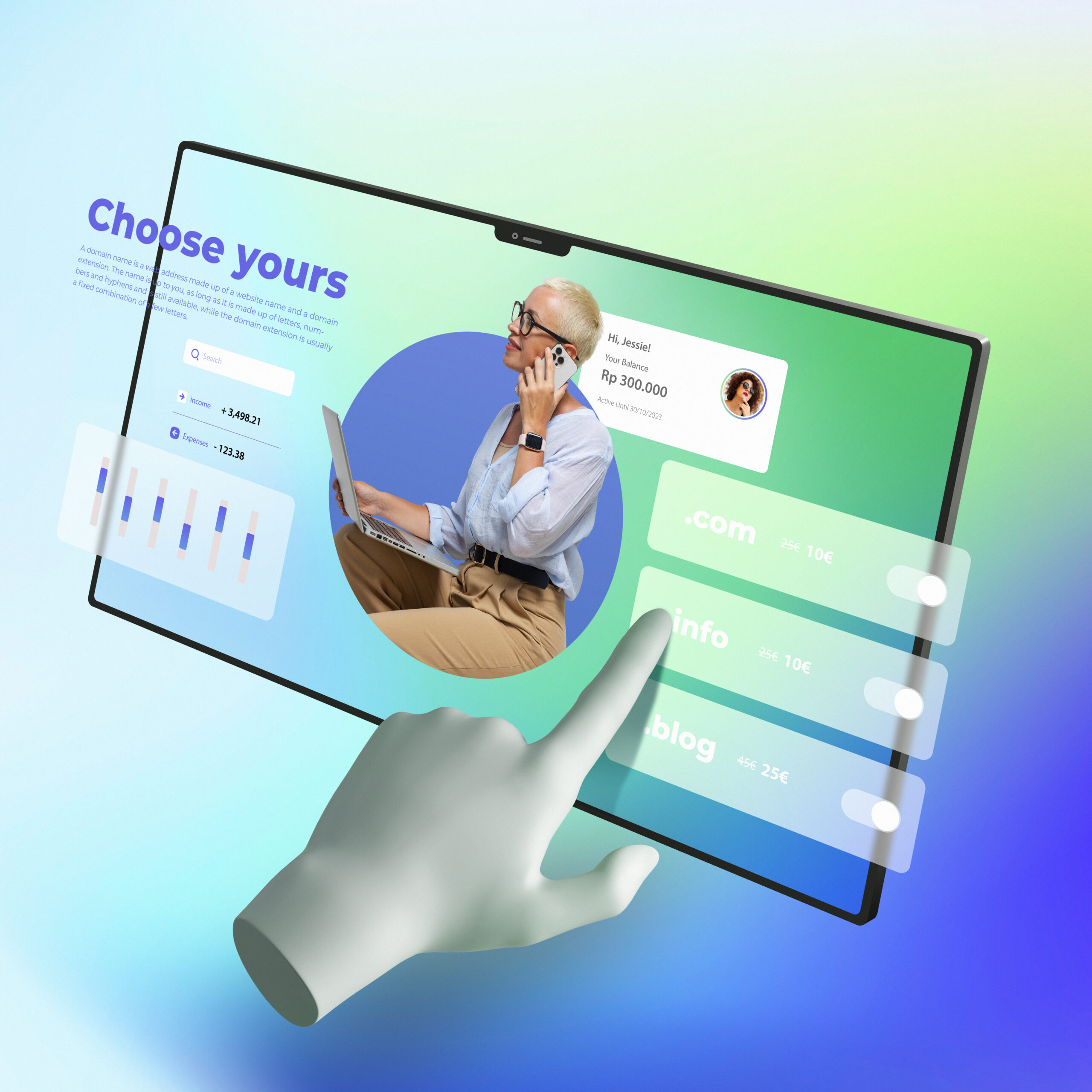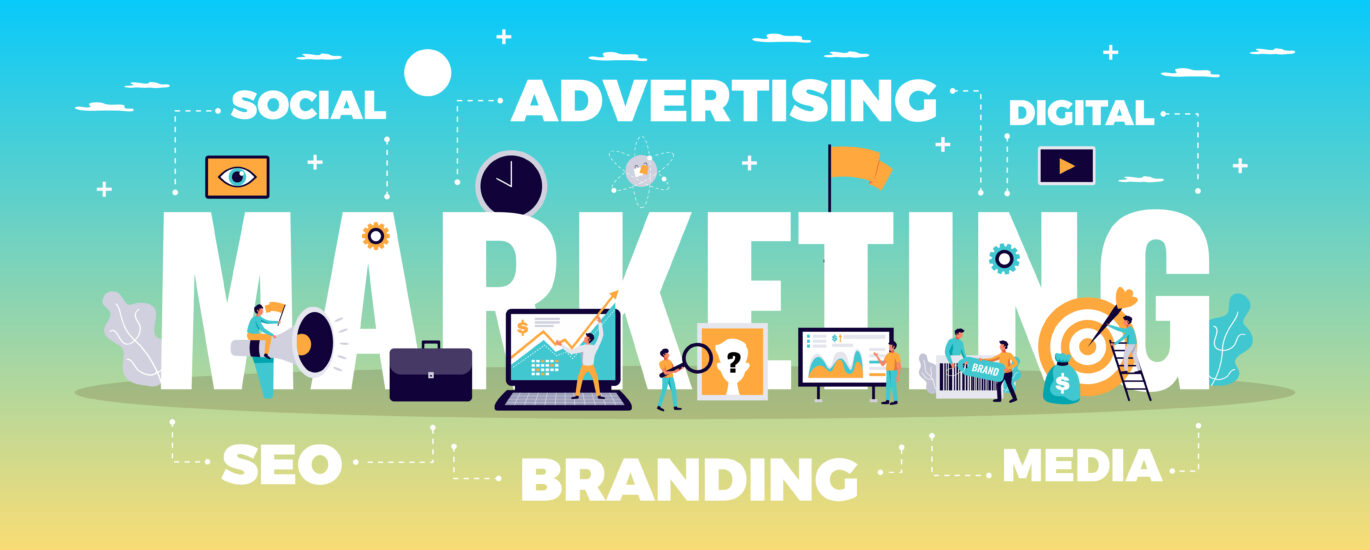



In today’s digital age, marketing has transformed from traditional billboards and TV ads to dynamic online strategies that can reach a global audience. Digital marketing leverages the power of the internet to connect businesses with potential customers in a highly targeted and measurable way. In this blog post, we’ll explore what digital marketing is, why it’s essential, and the key strategies you can use to enhance your online presence.
Digital marketing encompasses all marketing efforts that use an electronic device or the internet. Businesses leverage digital channels such as search engines, social media, email, and websites to connect with current and prospective customers.
Digital marketing offers a more affordable approach compared to traditional marketing methods. Small businesses can compete with larger companies through targeted digital strategies that maximize their budget.
With tools like Google Analytics and social media insights, businesses can track their digital marketing campaigns’ performance in real-time. This allows for quick adjustments and optimizations to improve results.
Digital marketing enables precise targeting based on demographics, interests, behavior, and more. This ensures that your marketing efforts reach the right audience at the right time.
Interactive content such as videos, quizzes, and social media posts engage customers more effectively than static advertisements. Engaged customers are more likely to convert into loyal customers.
SEO is the practice of optimizing your website to rank higher on search engine results pages (SERPs). A well-optimized website attracts more organic traffic, which is crucial for long-term success.
Content marketing involves creating and distributing valuable, relevant content to attract and engage a target audience. This can include blog posts, videos, infographics, and more.
Social media platforms like Facebook, Instagram, Twitter, and LinkedIn offer powerful tools to connect with your audience, build brand awareness, and drive traffic to your website.
PPC advertising allows businesses to display ads on search engines and other platforms, paying only when someone clicks on their ad. Google Ads and Facebook Ads are popular PPC platforms.
Email marketing is a direct way to communicate with your audience, providing personalized content, promotions, and updates. It remains one of the most effective digital marketing strategies.
Influencer marketing involves partnering with individuals who have a large following on social media or other online platforms. These influencers can help promote your brand to their audience.
Digital marketing is an ever-evolving field that offers countless opportunities for businesses to grow and succeed. By leveraging strategies like SEO, content marketing, social media, PPC, email marketing, and influencer partnerships, you can build a robust online presence that attracts, engages, and converts your target audience. Embrace the power of digital marketing and unlock new potential for your business in the digital world.
No Related Post